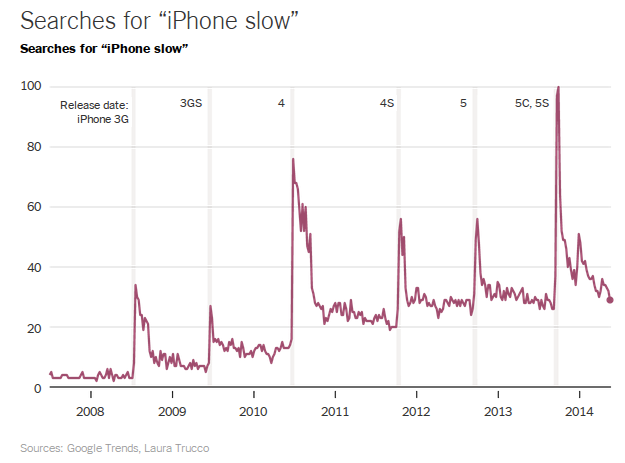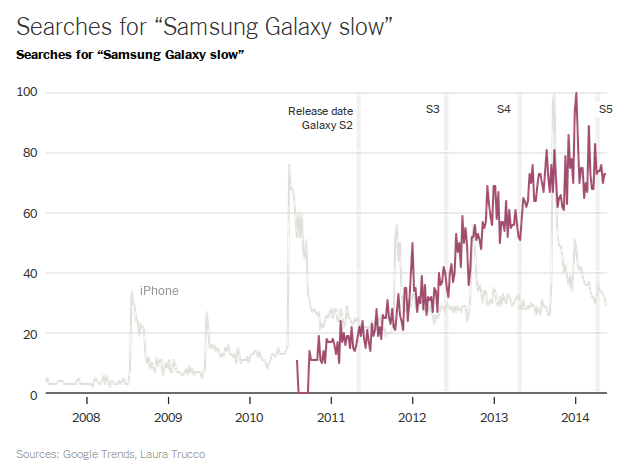Some friends of ours invited us to spend 4 days with them in Paris in late August. They had some rooms free in an apartment they had rented and so all we needed to do was figure out how to fly there.
I don’t normally travel to Europe in the summer and know it can be a busy time of year, so figured I’d have to do a bunch of research before booking these tickets. What I never expected how this would send me into a rabbit hole where the major airline, Delta, would prove to me how poorly it can treat customers and prospective customers who are about to spend thousands of dollars with them.
Doing research
My research started, as many a traveler’s does, on the web. I used hipmunk and expedia and seatguru and all the usual tools to shop around. Because this was a short trip (only 4 days total), we were hoping to perhaps use some of those thousands of American Express membership rewards points we had built up over the years to at least get a Business Class upgrade for the overnight (red eye) flight from Washington, DC to Paris.
We figured this was an appropriate splurge. It’s one of the rare times my girlfriend gets vacation time away from grueling medical school hours, and for me, this trip is days before my 30th birthday. Given that we’d need some comfy sleep after an 8-hour flight and 2-hour drive to the airport before that, we were hoping we’d be able to recline a little on our flight over to Europe.
Digging around, I find rates for tickets are all over the map. But eventually, I get a couple of promising leads. First, Delta has a SkyMiles frequent flyer program, and they have a relationship with American Express, especially if you have an American Express + SkyMiles credit card. I don’t have one of those, but I realize that I’ve had the same American Express “Blue for Students” credit card for like 12 years, and that this card is now discontinued, so I should probably upgrade to something that actually earns me some travel points.
I sign up for SkyMiles and get instantly approved for this credit card. So far so good.
But little did I know I was about to enter the tangled web of fine print that dominates so much of corporate America and consumer interaction today.
Continue reading Delta customer service: exclusions may apply



